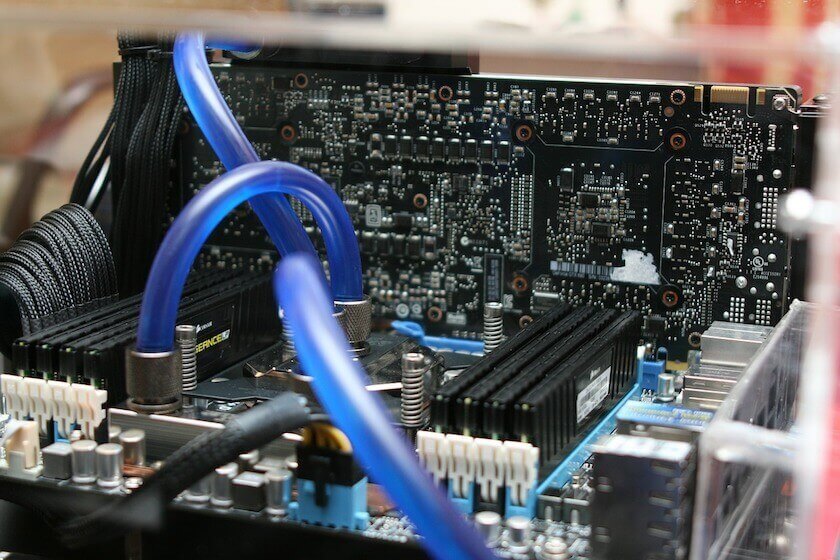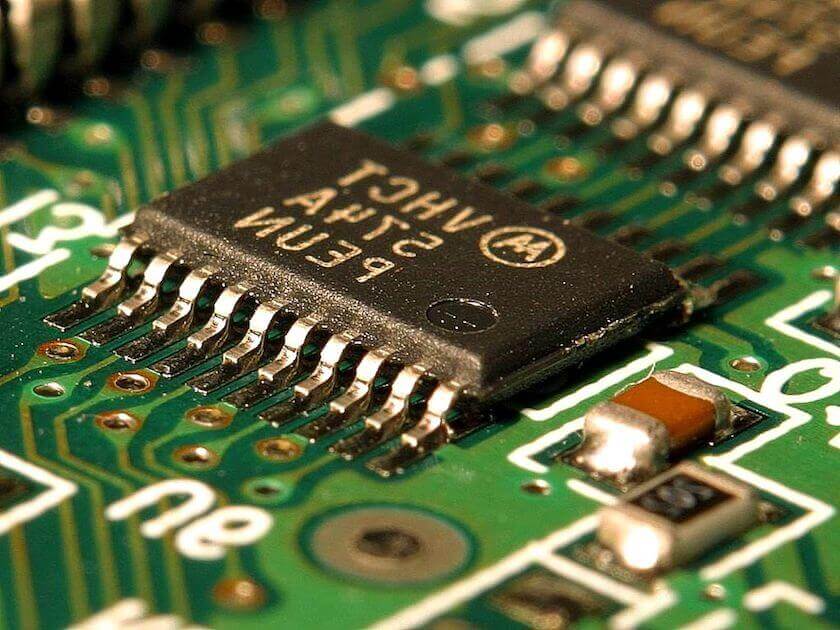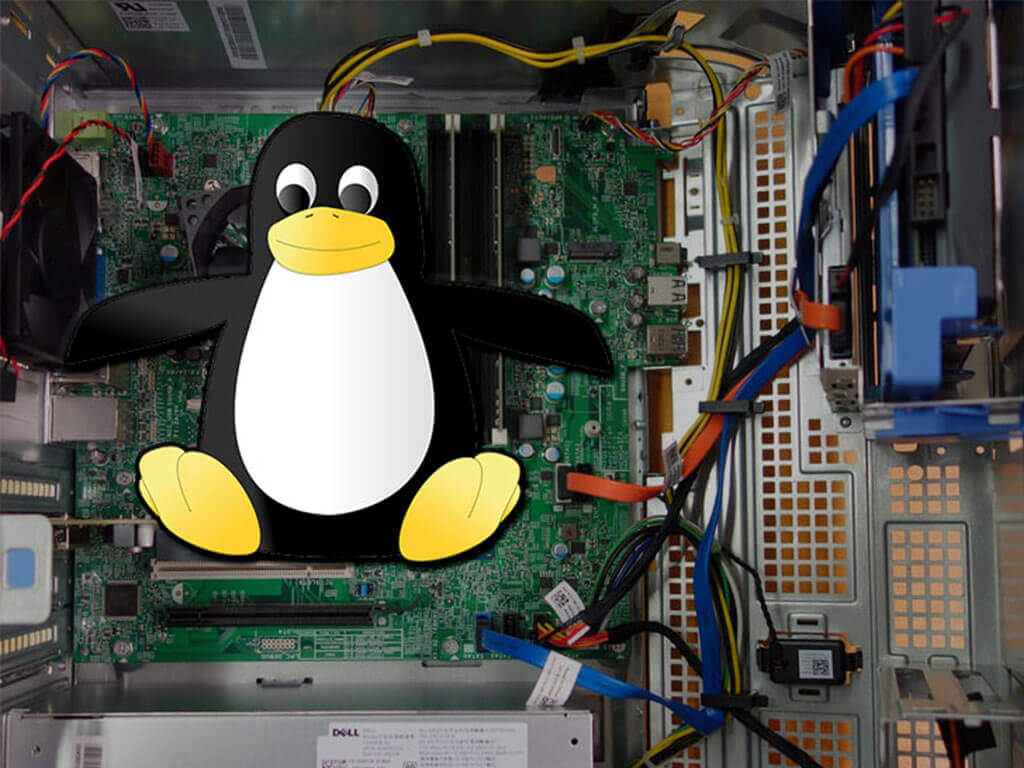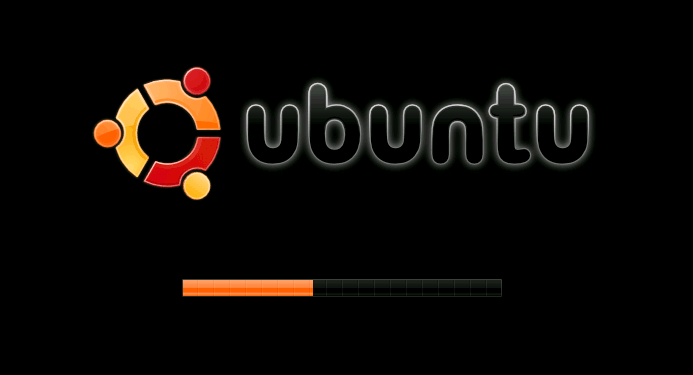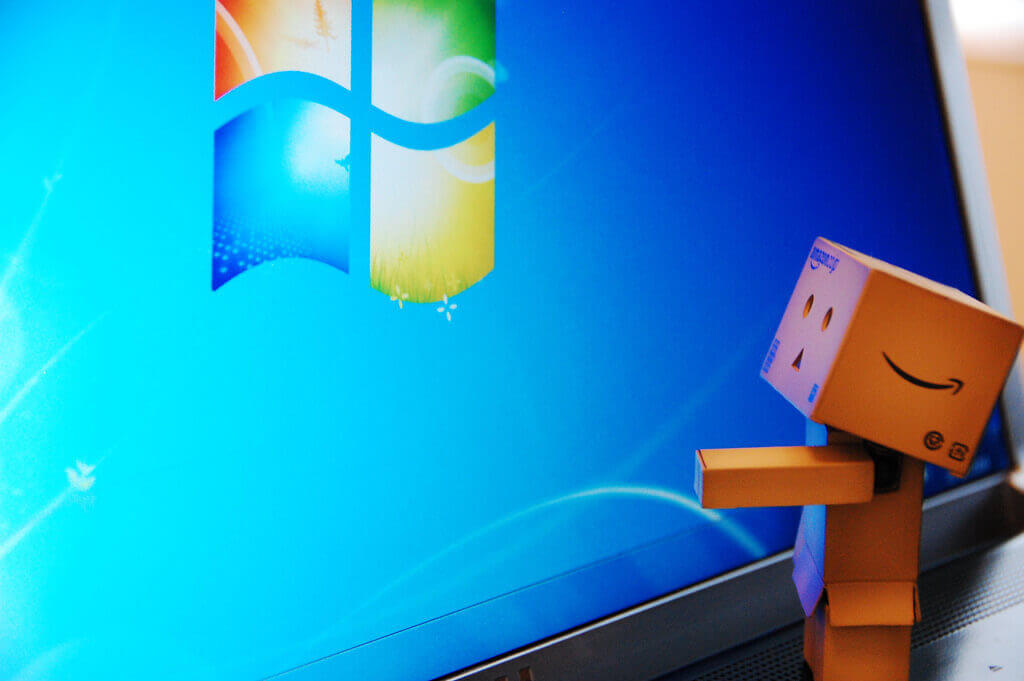It’s not just about how fast your processor is or the gigs of RAM; the computer speed depends on the entire hardware with which your computer is built.
And it all comes down to how fast all the hardware exchange information amongst them and perform their tasks. So, in this article, we discuss the 8 essential factors that most likely affect your computer speed.
Also, note that your computer speed doesn’t depend solely on any one of them but on all of them collectively.
These Factors Affect Computer Speed:
#1 Processor Speed and Instruction Set
The central processing unit (CPU) is the brain of your computer and of course, the processor speed definitely matters. The speed of your CPU or processor determines how fast computers process instructions.
It is generally measured in MHz or GHz (megahertz or gigahertz). This rating actually represents the number of process cycles your CPU runs every second. A 2.6 GHz processor represents a 2.6 billion cycles per second.
But it doesn’t mean a 2.6 GHz processor is twice as fast as a 1.3 GHz processor, it boils down to the instruction set (architecture) of the processor.
Where in which the 2.6 GHz processor may require more process cycles to execute its instructions than a 1.3 GHz processor. Generally, since the information of architecture isn’t revealed it is better to go for a processor with higher clock speeds.
Examples of processor speeds and instruction sets:
Processor Speeds: 133MHz,233MHz, 350MHz, 900 MHz, 1.8 GHz, 2.6 GHz, 3.2 GHz.
Instruction Sets: 8088, 286, 386SX, 386DX,486SX, 486DX, Pentium I, Pentium MMX, Pentium II, Pentium III, Pentium 4 and so on.
#2 Bus Width and Speeds
The bus system is the communication system (a data path) that helps data transfer between the processor and the other components.
Motherboard Chipset Guide: What Is and How Chipset Works
This article will help you understand what a chipset actually means, How a chipset works and what role it plays in being a part of the motherboard
There are two such buses: The Internal Bus and The External Bus. The internal bus most commonly known as the Front Side Bus forms the network of connection between the CPU and internal components.
And the external data bus connects the peripherals (external devices like printer, scanner) to the CPU.
Examples of bus width and bus speeds:
Bus Width: 8 bit, 16 bit, 32 bit, and 64 bit.
Bus Speed: 50 MHz, 66 MHz, 75 MHz, 100 MHz, 400 MHz and 800 MHz
Bus widths may differ between the processor, memory, external slots and definitely brings in that difference to your computer speed.
#3 The Cache Memory
Cache memory is the extremely fast memory usually built into the CPU. It is similar to RAM but is more easily accessible than the normal RAM. It stores copies of frequently accessed memory locations thus reducing the time CPU takes in accessing the normal RAM.
Does Deleting the Cache Really Speed Up Your PC? – Explained
Often we worry about the speed of our computer and even try to take some serious measures to maintain and improve PC speed But can clearing Cache Actually Speed Up Your PC?
There may not be any cache memory in some processors and in some, it may range up to 2 MB. But the higher the cache memory the closer to the RAM it is.
The Level 1(L1) is extremely fast and is very low in size, L2 is fast and bigger than L1; the L3 is a little slower and the biggest among the other levels.
#4 Installing a new Operating System
Moving onto the less technical and the software corner of stuff now; a new operating system in an old computer can slow it down.
This is because the operating system takes times to adapt as it has got a huge list of files to load and make use of.
Best Lightweight Linux Distributions For Old PCs And Processors
These best lightweight Linux distributions offer countless advantages over other operating systems. Puppy Linux, Damn Small Linux, Lubuntu and the other
#5 Is your Hard Drive full?
It is commonly observed that as the hard drive is filled with data the slower it gets. It is because now the operating system has to look for the required files amongst more number of files. Also, the effect of aging on the hard drive becomes apparent.
The other way to look into this issue it the concept of fragmentation, due to which the workload of the operating system is immensely increased. However, the fact is the hard drive and hence your computer gets slower with age and usage.
#6 The Start-Up Applications:
Well, this last factor has got nothing to do with the manufacturers. Not even the best computers can perform up to the mark if there are a flood of start-up applications loading alongside the operating system.
Though you set such applications to run at startup on purpose or unknowingly, they eat up your computer’s resources and make life difficult for the operating system (particularly while loading).
6 Point Cheat Sheet To Speed Up Your Slow Computer
Is your laptop or desktop slow in processing something? Is it too slow to upload files or applications, then it’s time to speed up your slow computer follow

